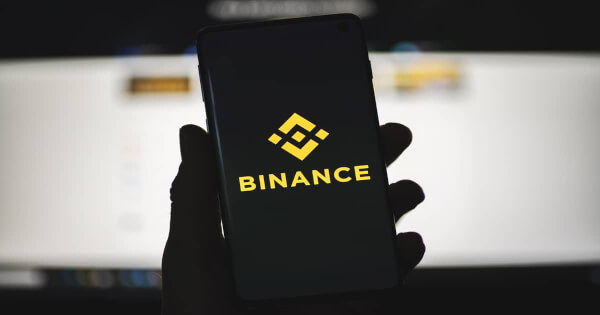Binance's New Blockchain Platform Aims to Build Web3 Infrastructure
Jessie A Ellis Feb 02, 2023 09:26
BNB Chain stores storage metadata, while third-party storage providers store data.

In its recently published BNB Greenfield white paper, the cryptocurrency exchange Binance stated that it is interested in constructing a blockchain-based Web3 infrastructure. BNB Chain is a blockchain platform that was established by Binance.
According to the white paper, it is a decentralised storage infrastructure that is integrated into BNB Chain. This infrastructure grants users and decentralised applications (DApps) complete control of the data stored inside it. Hosting websites, maintaining personal clouds and data archives, publishing, and other applications are all examples of possible use cases.
The core team at BNB Chain is responsible for building the testnet for the planned Web3 infrastructure. This testnet is backed by community developer teams from Amazon Web Services, NodeReal, and Blockdaemon. BNB Greenfield is a distributed storage system that is currently in development. It will integrate smart contract functionality for Web3 apps and is powered by the BNB (BNB) token (previously known as Binance Coin).
Victor Genin, senior solution architect at BNB Chain, revealed the intention to create a new theme for the ownership and utility of data while discussing the motivation behind the upcoming initiative. He added that "BNB Greenfield will build utility and financialization opportunities for data that is in storage as well as bring programmability to the ownership of data."
Users that have BNB tokens and a BNB Chain address are able to store data on BNB Greenfield, which functions in a manner similar to that of Web2 cloud storage systems such as DropBox. The creation of websites and the archiving of historical data are two more possibilities.
In addition to this, the system will make use of something called nonfungible tokens, or NFTs, in combination with smart contracts in order to govern who owns the data and who has permission to view it. On the backend, BNB Chain will be utilised to hold the storage metadata; however, the actual data storage will be handled by third-party storage providers.
Recent events have resulted in a cooperation between Mastercard and Binance for the introduction of a prepaid cryptocurrency card in Latin American countries. This desire for continued product growth has been pursued by Binance.
On January 30, the cryptocurrency exchange made the announcement that it will be launching the Binance Card in Brazil. The card will be issued by Dock, a payment institution that is licenced by the central bank.
The card enables real-time conversion of fiat currency to any of 14 different cryptocurrencies, and it comes with a number of enticing bonuses, such as the opportunity to earn up to 8% cash back in cryptocurrency on qualifying transactions and waived fees for certain ATM withdrawals.
Image source: Shutterstock